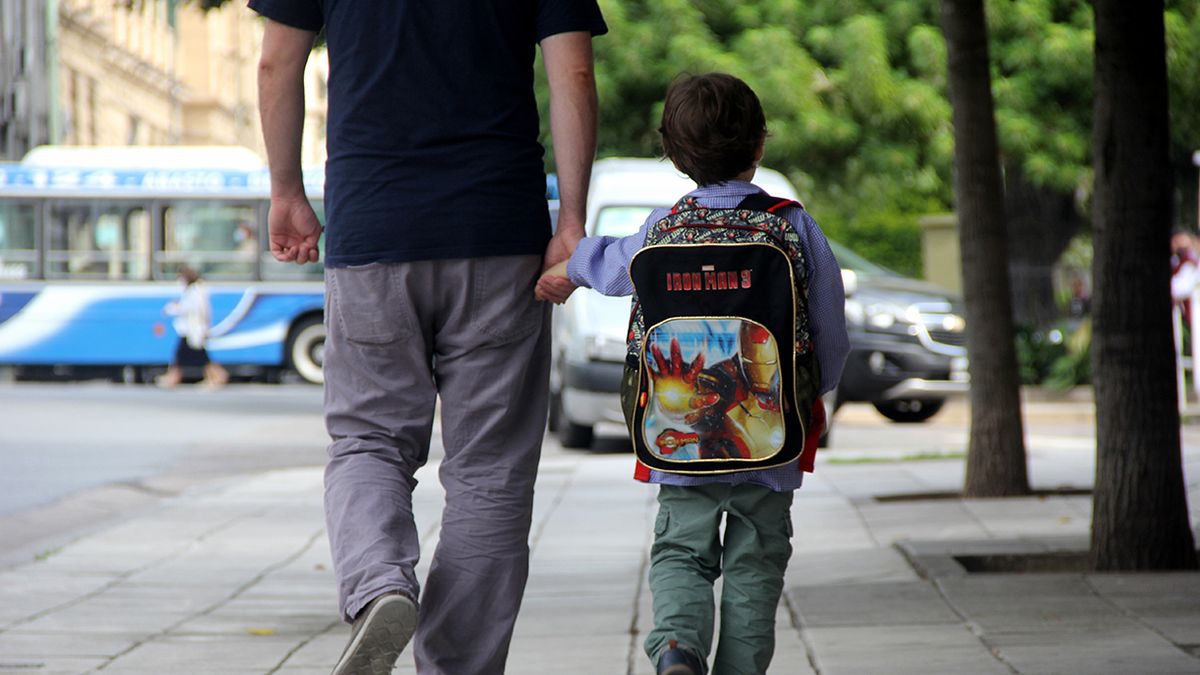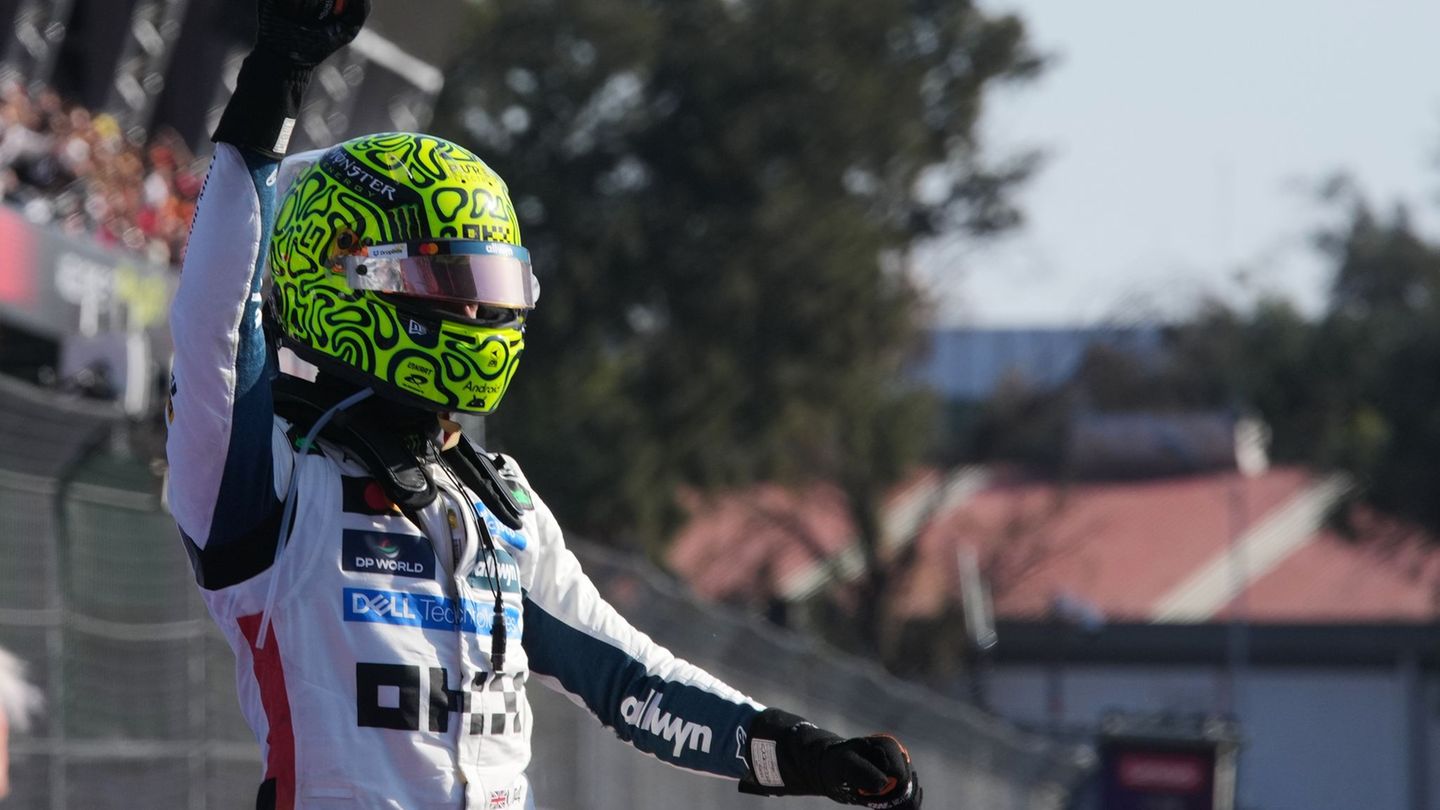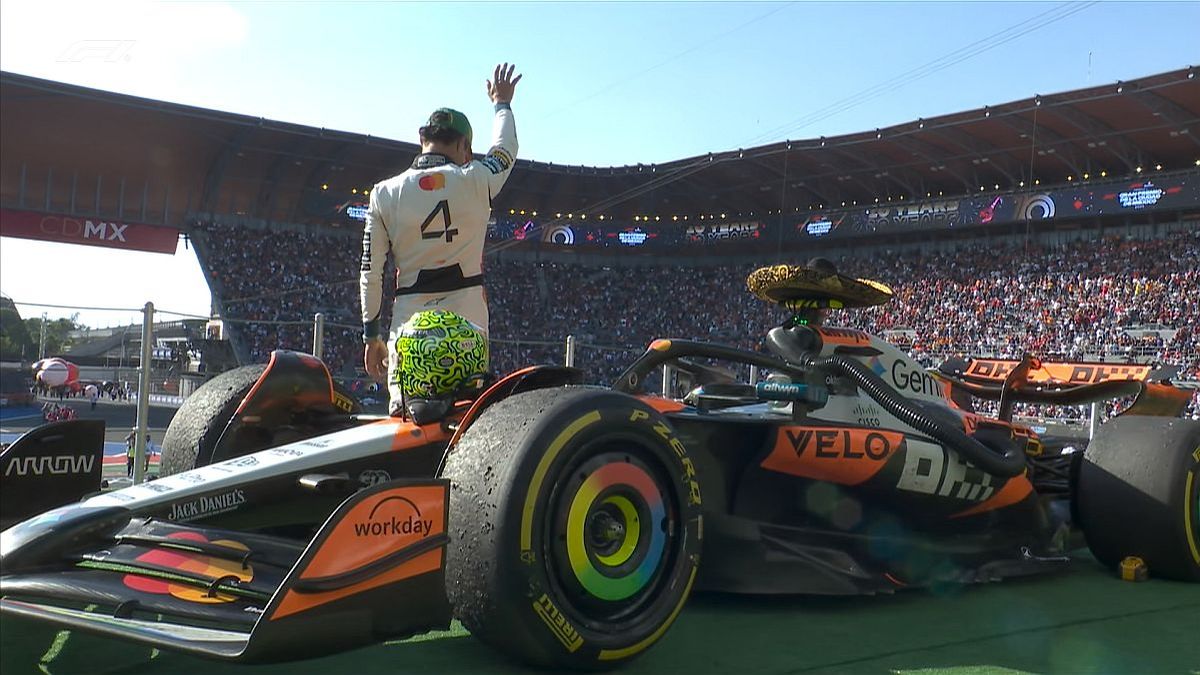However, he warned that, “As the direct impact is that of the teacher salary, 80% and 90%, there is already a request to call for joint meetings of the Buenos Aires Teachers’ Union Front and in the last joint agreement signed by Governor Axel Kicillof there is a point that says that “They would meet again in December, so if they meet it is likely that if there is a new salary increase they will have to talk about more than 30%.”
“Last week in the Federal Capital they gave teachers a new increase; the City had authorized a 30% increase for March, but now it gave a new increase, leaving that 30% outdated,” Zurita explained.
Likewise, he explained that “schools with 100% state contributions can split their fees from $25,000 to $50,000, depending on whether they have extra-programmatic subjects or not”, and if they do not have any extra activities it ranges “between $20,000 and $25,000”.
“Now, if the school adds extracurricular subjects, more hours, it can charge up to double that”commented the Aiepba leader, and stressed that if the school has less contribution, “For example, 50% can charge between $50,000 and $100,000,” he said.
Schools: fee increases will depend on the salary increase
Meanwhile, the secretary of the Coordinating Board of Private Education Associations (Coordiep), Norberto Baloira, asserted that “in each jurisdiction there will be a different increase because it depends on the increase made to the salary of each jurisdiction”after which he explained that “80% of the cost of a private school is salaries, both for teaching and non-teaching staff.”
“We are going through a stage where every month there have been two joint agreements, the national one, which set a value below which another cannot be set, and the local one, on which each jurisdiction set another value, and this has meant that everyone months the tariff had to be increased, something that did not happen before when every three or six months there could be a readjustment”, indicated to this agency.
Along these lines, Baloira stated that he does not believe that the increase “It’s going to be nothing more than 30% because between now and this week there was, for example, in the Federal Capital a new joint venture that increased December salaries.”
“So everything depends not only on the will of the schools, but also on what happens with the joint associations, since Private schools have the same salary as public schools.so that when there is teaching parity, whether public, it is the same for private,” he highlighted.
Given this situation, the Coordiep leader said that “Unfortunately we are seeing that there are families who find it very difficult, especially those who have more than one child.”
“The school does not want to lose the student but has the obligation to comply with the payment of its staff,” said Baloira, for which he stated that from Coordiep ““Each school will receive each family that presents the situation and the problem to seek formulas for scholarships or deferring payments.”
The general secretary of the Association of Argentine Private Educational Entities (Adeepra) and the Argentine Confederation of Private Educational Institutions (Caiep), Perpetual Lentijoassured that the schools that host these cameras “in general they have controlled fees because schools with state contributions have fee caps in all jurisdictions and that marks the evolution of the increases that run parallel or consistent with teacher parity.”
“What has now been communicated to parents these days are the values of the March fees, which have an average increase of 30% over the December fees in the city and province of Buenos Aires,” Lentijo specified in statements to Télam, after which he remarked that “inside too, although it is variable.”
While “In the cases of schools without contributions, in some cases, the announced increase has been greater because making the projection based on inflationary indices and given that these schools do not have any support from the State, in some cases the projection of the contribution March gave them above this limit”he expanded.
“We trust that the inflationary rhythm will allow us to maintain these values, but to the extent that it continues to accelerate, I don’t know if we will get there, because “If there continue to be joint agreements and salary increases, this percentage will probably not be enough.”pointed out the leader of Adeepra and Caiep.
For schools without state contributions, Lentijo stated that the estimated increase is 50%and commented that “in general these establishments sent the sworn statement with that projection in October and in some cases they have had to sit down with the families to agree on accessible or reasonable values.”
Private schools: how much will the fee increase in Córdoba
Finally, the president of the Cordoba Chamber of Private Educational Institutions (Caciep), Javier Basanta Chaoestimated that by the beginning of the next school year The monthly fee for private schools will increase on average 50%, taking into account its variability and dynamism based on wage parities, inflation and the costs of taxes and services.
Basanta Chao stated that the majority of private schools with state contributions updated their tariffs at 10% in July, 20% in August and 10% in September, and 25% still remains to be applied for the current month or the first installment of next year.
In that sense, he pointed out that there could be a “increase of between 40% and 50% in the first quarter” of 2024 in private schools in Córdoba, with fees that will be worth between $45,000 and $300,000, depending on the type, since some establishments have double schooling, extended hours, a cafeteria or assistance from the cooperator. The increases “they are given based on the increase in the teaching salary, given that it occupies 85% of the cost structure”Basanta Chao clarified in statements to the newspaper Puntal de Río Cuarto.
In this regard, he stated that in other labor agreements the parity increases are between 15% and 30% below inflationary levels, while “From last year onwards, the teacher salary has increased between 15% and 25% above inflation, producing the gap,” projection.
The director also said that although the Córdoban Government contributes state resources to private education, those Public funds cover only an average of between 40% and 50% of the total cost of its operation.because these schools have more personnel, such as assistants, teachers, administrators, heads of practical work and security, among others.
Source: Ambito




